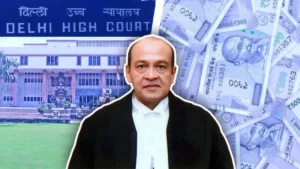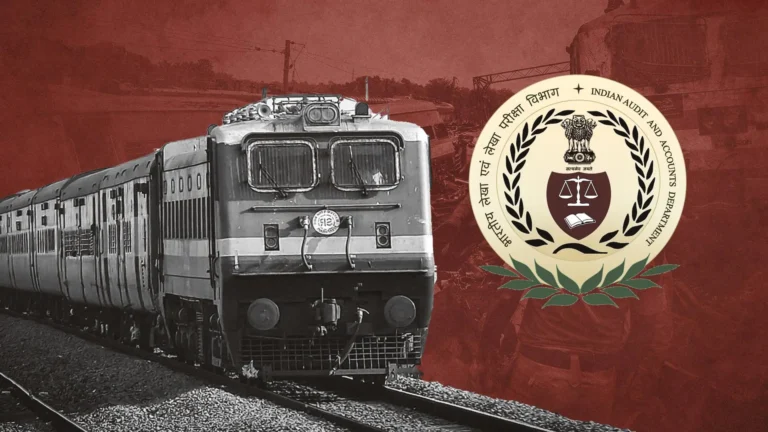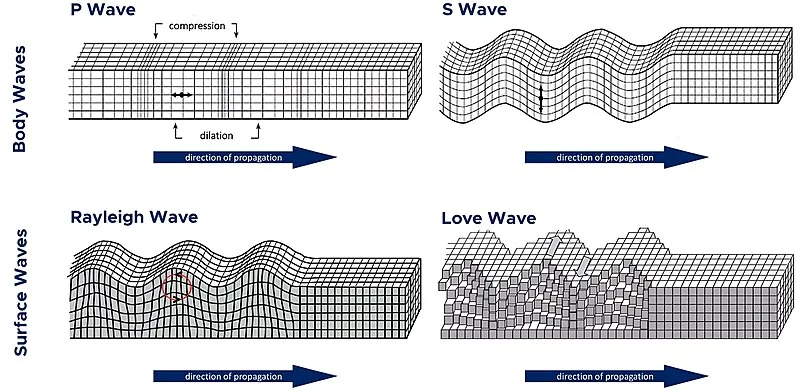July 22nd Current Affairs

Operation Sindoor
Stay connected via Google News Follow us for the latest travel updates and guides. July 21st Current Affairs Home /

Alaska Earthquakes
Stay connected via Google News Follow us for the latest travel updates and guides. July 21st Current Affairs Home /

August 2, 2027 Solar Eclipse
Stay connected via Google News Follow us for the latest travel updates and guides. July 21st Current Affairs Home /

India’s milestone in clean energy transition
Stay connected via Google News Follow us for the latest travel updates and guides. July 21st Current Affairs Home /

‘Baby Grok’, child-friendly AI app
Stay connected via Google News Follow us for the latest travel updates and guides. July 21st Current Affairs Home /

Impeachment proceedings against Justice Yashwant Verma
Stay connected via Google News Follow us for the latest travel updates and guides. July 22nd Current Affairs Home /
CAG report on lapses in Indian Railways

Context
On July 21, 2025, the Comptroller and Auditor General of India (CAG) tabled the ‘Union Government (Railways) – Compliance Audit Report’ in the Lok Sabha, highlighting lapses worth ₹573 crore across various railway zones. The report revealed 25 audit observations from test audits conducted up to FY 2022–23, including revenue shortfalls, non-compliance, poor asset management, and losses due to misgovernance. Key findings pertain to Southern, Northern, Eastern, and South Eastern Railways, as well as project execution and revenue leakages in multiple divisions.
Constitutional Provisions
- Article 148 establishes the CAG of India as an independent constitutional authority.
- Article 149 empowers the CAG to perform duties as prescribed by law.
- Article 150 mandates that accounts of the Union and States be maintained as per norms prescribed by the President on CAG’s advice.
- Article 151 provides for CAG reports to be submitted to the President/Governors, who in turn lay them before Parliament or State Legislatures.
Legal Provisions
- CAG’s (Duties, Powers and Conditions of Service) Act, 1971: Empowers the CAG to audit expenditure from the Consolidated Fund of India and scrutinise transactions, accounts, and performance of government departments, including PSUs like Indian Railways.
- Indian Railways Financial Code and Railway Board directives serve as internal regulatory frameworks for finance, planning, and project execution within Indian Railways.
Powers of the CAG
- Audit of expenditure to ensure legality, propriety, and regularity.
- Performance audits to assess efficiency and effectiveness of public spending.
- Compliance audits to verify adherence to rules and directives.
- Power to inspect accounts and documents of ministries, departments, and PSUs.
- Submit audit reports to Parliament for legislative scrutiny via the Public Accounts Committee (PAC).
CAG’s revelations are critical as they:
- Expose systemic lapses in project execution, financial recovery, and operational efficiency.
- Highlight the non-compliance with policy directives, leading to substantial revenue loss.
- Underscore the need for accountability in public sector undertakings like Indian Railways.
- Serve as a basis for corrective administrative actions and legislative oversight.
Definition of Technical Terms
- Licence Fee: Rent collected by Indian Railways for use of its land or premises.
- District Mineral Foundation (DMF): A statutory body to benefit communities affected by mining, funded through a levy on mining operations.
- Shunting Charges: Fees for using railway engines to move rolling stock within stations or sidings.
- Station-to-Station Rates (STS): Concessional freight rates provided between specific stations to boost cargo traffic.
- Prototype Coach: A trial model built before full-scale manufacturing, especially in heritage or special-use services like the Nilgiri Mountain Railway.
Impacts
On Indian Railways
- Revenue loss undermines financial sustainability.
- Creation of ineffective assets (e.g., NMR coaches) reflects poor planning.
- Missed opportunities for resource mobilisation, e.g., failure to recover DMF contributions.
On Governance
- Indicates gaps in internal audit, financial discipline, and coordination between zones and ministries.
- Weakens public trust in administrative efficiency.
- Empowers legislative bodies to demand reforms and accountability.
On Public Services
- Loss of public money may indirectly impact passenger services, infrastructure upgrades, and safety investments.
Way Forward
- Strengthen Internal Controls: Establish robust audit cells in each zone for real-time compliance monitoring.
- Policy Reforms: Review and rationalise freight concessions and asset procurement norms.
- Digital Tracking: Adopt digital systems for real-time tracking of revenue and contracts to prevent leakages.
- Follow-up Audits: Conduct impact assessments on whether remedial steps were implemented post-audit.
- Parliamentary Oversight: Empower PAC to seek time-bound action reports from the Railway Ministry.
Prelims MCQ
Q.With reference to the Comptroller and Auditor General (CAG) of India, consider the following statements:
- The CAG submits audit reports to the President, who lays them before Parliament.
- The CAG has the authority to audit performance and compliance of PSUs like Indian Railways.
- The CAG can take disciplinary action against government officials found responsible for financial lapses.
Which of the above statements is/are correct?
A. 1 and 2 only
B. 2 and 3 only
C. 1 and 3 only
D. 1, 2 and 3
Correct Answer: A. 1 and 2 only
Explanation:
- Statement 1 is correct as per Article 151.
- Statement 2 is correct under the CAG’s (Duties, Powers and Conditions of Service) Act, 1971.
- Statement 3 is incorrect — CAG reports findings; it cannot initiate disciplinary action (that’s the government’s role).
Mains Question
Q. Critically examine the constitutional and statutory role of the Comptroller and Auditor General of India in ensuring financial accountability in public sector undertakings. (150 words)





